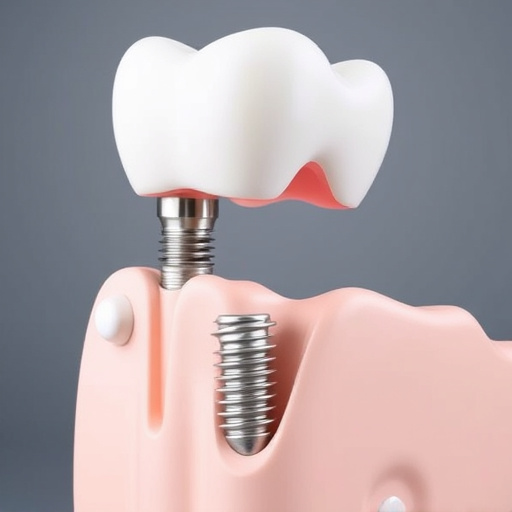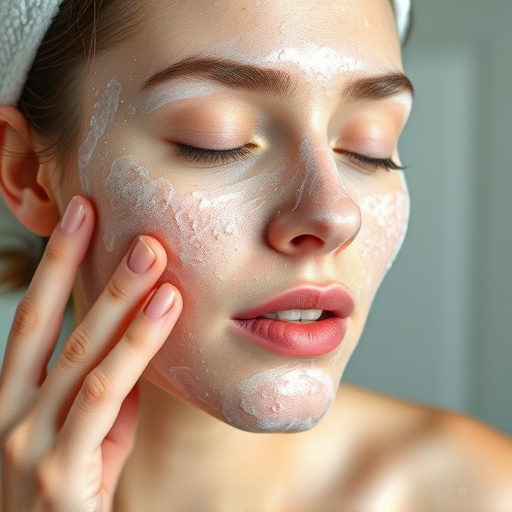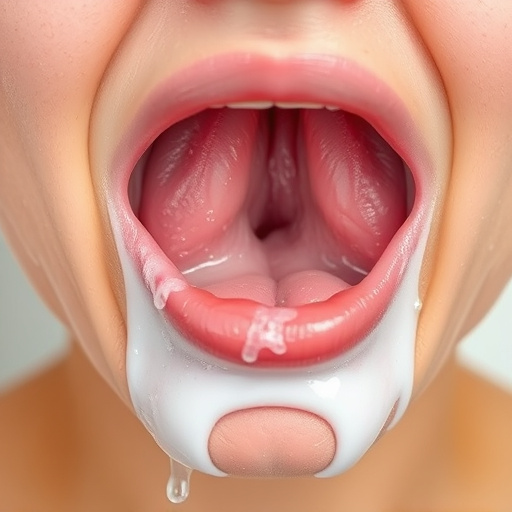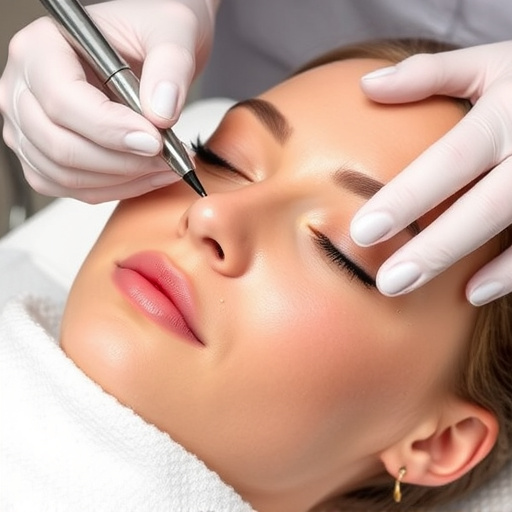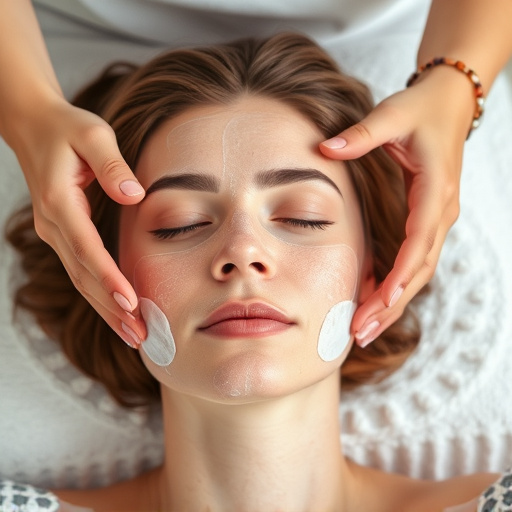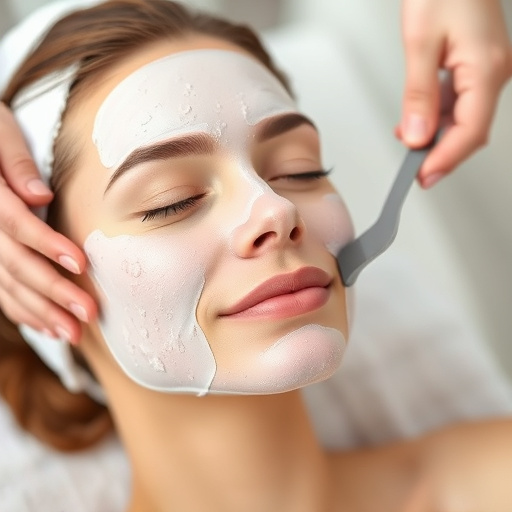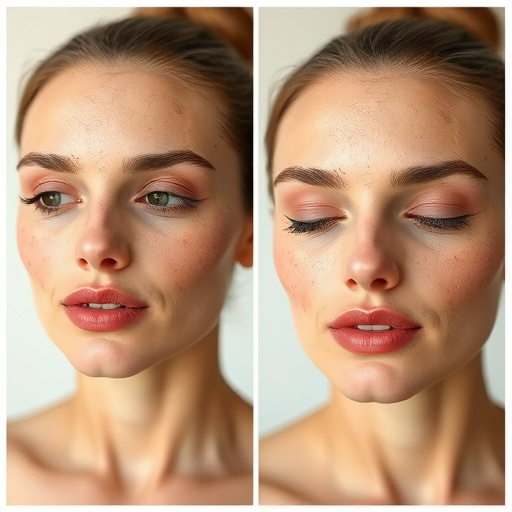Psoriasis skin therapy involves targeting accelerated immune response and overactive cell production with topical creams, medications, microneedling, and chemical peels. Lifestyle modifications including diet, exercise, sleep, avoiding triggers, and minimizing irritants are key to managing symptoms and enhancing overall skin health, contributing to improved body contouring and wrinkle reduction.
Psoriasis skin therapy is a comprehensive approach to managing the inflammation and redness associated with this chronic autoimmune condition. Understanding the root causes of psoriasis is key to effective treatment. This article delves into three primary strategies: deciphering the inflammation, exploring topical treatments, and implementing lifestyle changes, all designed to soothe psoriatic skin and improve overall well-being. Discover proven methods for calming your skin and achieving clearer, healthier complexions.
- Understanding Psoriasis Inflammation and Redness
- Topical Treatments for Soothing Skin
- Lifestyle Changes to Calm Psoriatic Skin
Understanding Psoriasis Inflammation and Redness

Psoriasis is a chronic autoimmune condition that affects the skin and can cause severe inflammation and redness. When the immune system mistakenly attacks healthy skin cells, it triggers rapid cell production, resulting in thick, scaly patches on various parts of the body. This overactive immune response leads to the characteristic symptoms of psoriasis, including redness, warmth, itching, and pain. The condition can range from mild to severe, with flaking and scaling being the most visible signs.
Understanding the underlying inflammation is crucial when considering effective psoriasis skin therapy. Treatments aim to suppress this exaggerated immune reaction while reducing skin cell turnover. Techniques such as microneedling therapy have gained popularity due to their ability to stimulate collagen production and enhance skin rejuvenation. By creating tiny pricks in the skin, it encourages the body to heal itself, potentially lessening inflammation and improving overall skin texture. Other therapies, like specialized moisturizers and topical medications, work to calm the skin, reduce redness, and alleviate itching, providing much-needed relief for those living with psoriasis.
Topical Treatments for Soothing Skin

For those seeking psoriasis skin therapy to soothe inflammation and redness, topical treatments offer a promising path. Over-the-counter creams containing ingredients like calamine, aloe vera, or ceramides can provide initial relief by hydrating the skin and reducing itching. For more severe cases, prescription medications such as corticosteroids, vitamin D analogs, or tar-based products are available to combat psoriasis directly, calming inflammation and speeding up skin cell turnover.
In addition to these conventional options, aesthetic treatments like chemical peels have gained popularity in the world of psoriasis skin therapy. These peeling solutions, often combining acids like glycolic or salicylic acid, can exfoliate dead skin cells, smooth rough patches, and enhance overall skin health. While they may initially cause redness, proper application and post-care routines can transform irritated skin into a calmer, more even complexion.
Lifestyle Changes to Calm Psoriatic Skin

When it comes to psoriasis skin therapy, lifestyle changes play a significant role in calming inflammation and redness. Incorporating dietary adjustments like increasing intake of omega-3 fatty acids from fish or supplements can help reduce skin flares. Staying hydrated and maintaining a balanced diet rich in vitamins A, C, and E supports skin health and rejuvenation. Regular exercise, while not a direct cure, boosts circulation and helps manage stress levels, which are both beneficial for psoriasis management.
Additionally, minimizing exposure to triggers such as certain soaps, detergents, or environmental irritants can prevent skin dryness and irritation. Adequate sleep is crucial for repairing and rejuvenating the skin, so maintaining a consistent sleep schedule is essential. In terms of body contouring and wrinkle reduction, keeping up with these lifestyle changes can indirectly contribute to achieving smoother, healthier-looking skin as part of your psoriasis skin therapy regimen.
Psoriasis skin therapy doesn’t have to be complex. By understanding the root causes of inflammation and redness, pairing effective topical treatments with lifestyle changes, individuals can achieve calmer, more comfortable skin. Incorporating these strategies into your routine offers a holistic approach to managing psoriasis symptoms and enhancing overall skin health. Remember, consistent care and patience are key to achieving clear, soothed skin.



